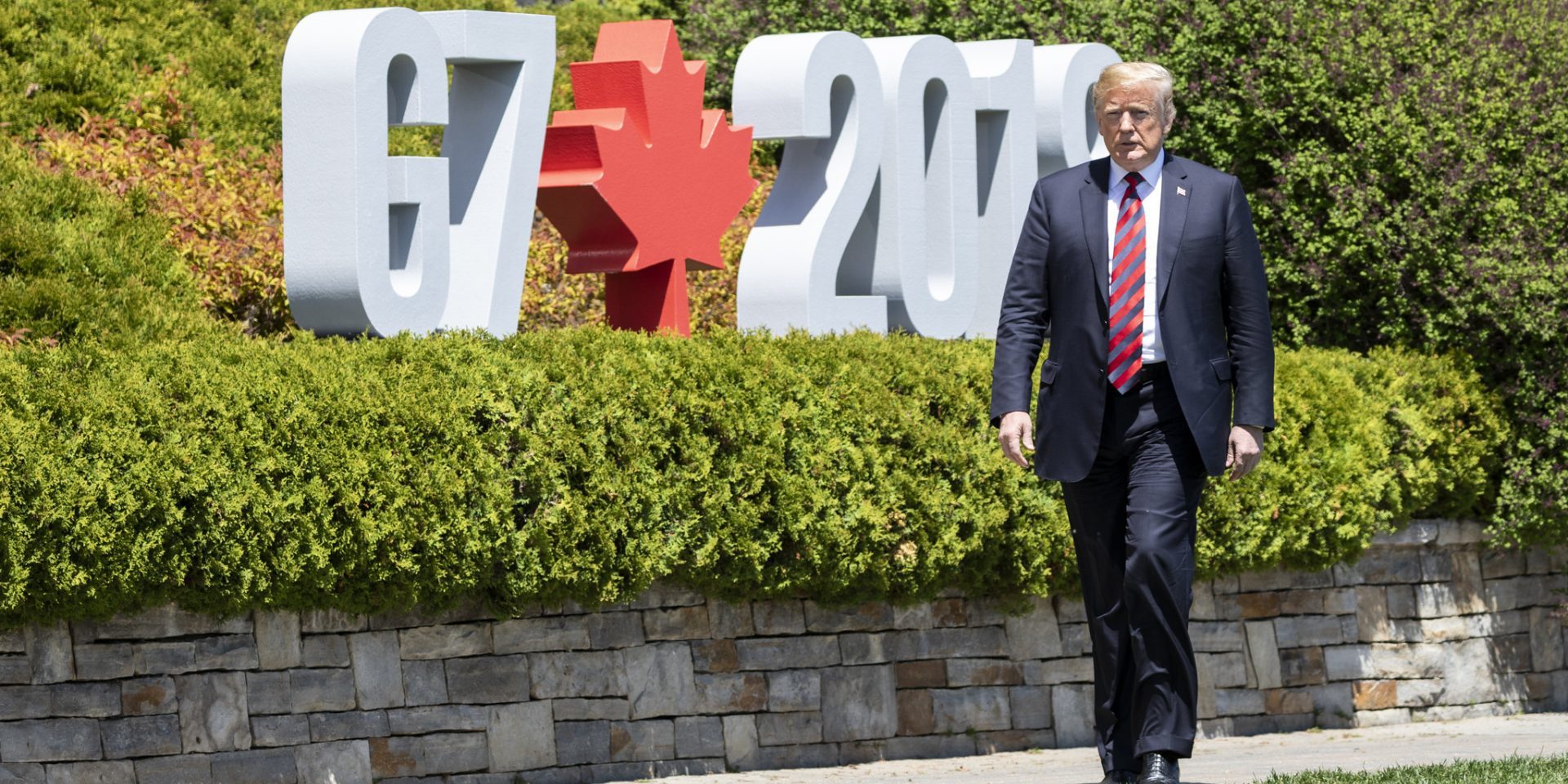In 50 years, the G7’s never had a summit like the one Carney is hosting next month

OTTAWA–The Group of Seven took shape in 1975 as a “fireside chat” for the leaders of six of the world’s industrial democracies under the auspices of then-French president Valéry Giscard d’Estaing at the Château de Rambouillet on the outskirts of Paris.
Facing a global oil shock and financial crisis caused by the 1973 OPEC embargo, the heads of the United Kingdom, the United States, France, Germany, Italy, and Japan initiated a process of annual gatherings to co-ordinate economic policy and address world problems. Canada joined a year later, and European Union attendance was also guaranteed.
Over the decades, the forum of like-minded G7 leaders has confronted almost every crisis imaginable, including wars and terrorism, famine, epidemics, financial meltdowns, climate change, human rights violations, a nuclear accident, and the expansion of anti-democratic national actors. Russia, which was admitted to the then-G8 after the collapse of the Soviet Union, was expelled in 2014 as a result of Moscow’s annexation of Crimea from Ukraine.
Although U.S. President Donald Trump’s initial tariffs, rejection of climate action, and calls to re-invite Russian President Vladimir Putin during Trump’s first term were disruptive, the G7 has never seen anything like the situation Prime Minister Mark Carney will have to deal with in Kananaskis, Alta., on June 15-17.
It’s not the kind of international stage that Trump—who recently told The Atlantic that he runs the world—would likely pass up. But, assuming he doesn’t change his mind, his attendance is basically an invitation to the other leaders to turn the G7 inside out to avoid an open clash with the U.S.
If there is one thing the G7 has promoted over its half-century of existence, it is the value of a multilateral trading system founded on free, open, and rules-based commercial dealings. But Trump, who has viewed trade as the work of the devil since the 1980s, has set out to wreck liberalized international commerce with tariffs that have caused the worst trade war since the 1930s.
The president has employed import taxes to undercut Japan’s economic growth, torn up the U.S.’s free-trade deal with Canada, and—deepening a long-standing rift with Europe—last week lashed out at the EU with threatened 50-per-cent tariffs on all imports (postponed for a month as of May 26). One is curious to see how European leaders will react if Trump repeats his idiotic claim that the EU was “formed in order to screw the United States.”
Riding herd on this unpredictable gathering will fall to Carney. We got a taste of the forces at work in all this last week when G7 finance ministers meeting in Alberta only managed to reach agreement on a final communiqué by not mentioning U.S. tariffs in the document. Finance Minister François-Philippe Champagne, who hosted the event, seemed pleased to get out of Banff, Alta., without being party to a scandalous international shouting match.
In that context, it’s hard to imagine how the stakes could be higher for Carney when Trump and the other leaders get together in the midst of the president’s economic warfare against most of the other attendees.
If that were not enough, the summit will also be seized with Russia’s intensifying invasion of Ukraine. The situation for Ukraine’s supporters in the G7 has reached a point where everyone seemed relieved at the Banff meeting last week when U.S. Treasury Secretary Scott Bessent, who had refused to sign a communiqué saying the Russian invasion is “illegal,” agreed to a lesser denunciation of Moscow. The final joint statement only called out “Russia’s continued brutal war against Ukraine.” But the finance ministers made headlines by agreeing to possibly raise sanctions against Moscow if there’s no ceasefire.
How Carney manages this issue remains to be seen. On top of everything else, Trump continues even now to insist it was a mistake to kick Russia out of the G8. Ukrainian President Volodymyr Zelenskyy will also be in attendance, and the way things are going, this might be his last chance to save his country. While Trump is all over the map about Russia, his moral vacuum about the cause of the war is unwavering. And Putin’s dreams of military conquest in areas that once made up the Soviet Union have no doubt been emboldened by his friendship with Trump, who despite everything seems as likely as not to eventually abandon Ukraine and the U.S.’s erstwhile G7 allies in the face of Russian aggression.
Les Whittington is a regular columnist for The Hill Times.
The Hill Times






 LICENSING
LICENSING PODCAST
PODCAST ALERTS
ALERTS


